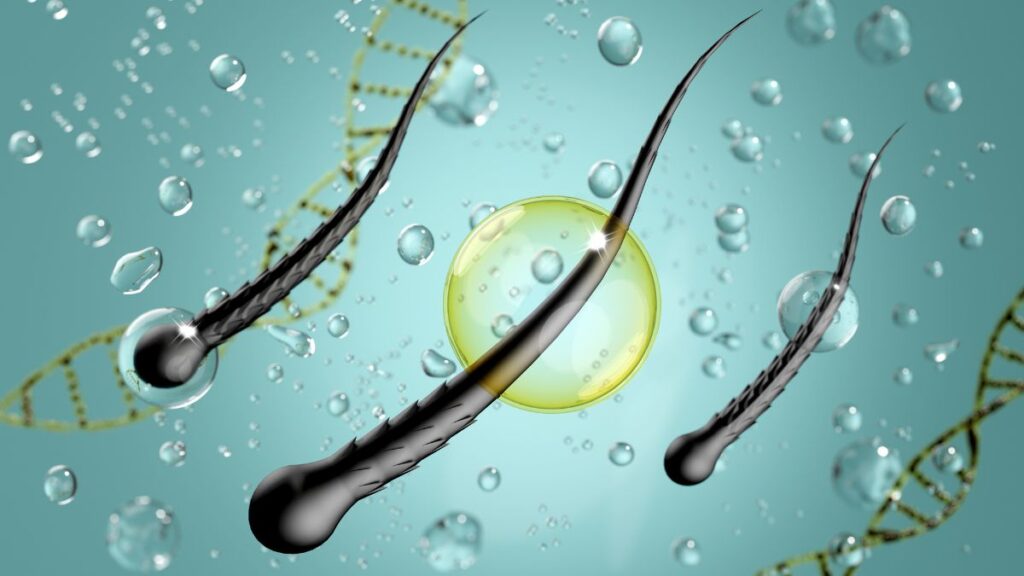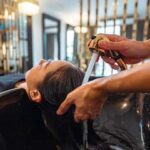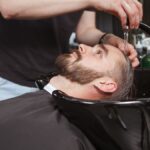Looking for the best conditioner for damaged hair? Try (product name) for a nourishing and repairing solution. It’s important to choose a conditioner that can effectively restore and protect damaged hair. Damaged hair needs extra care and attention to rebuild strength and moisture. High-quality conditioners with ingredients like keratin, argan oil, and coconut oil can help repair and hydrate damaged strands.
To achieve healthy and shiny hair, it’s essential to invest in a conditioner that is specifically formulated for damaged hair. By incorporating a nourishing conditioner into your hair care routine, you can effectively improve the overall health and appearance of your damaged hair.
Understanding Hair Damage
Hair damage can occur due to various reasons like excessive heat styling, chemical treatments, and environmental factors.
When hair is damaged, it becomes brittle, prone to breakage, and loses its shine and elasticity.
Types Of Hair Conditioners
Discover the best conditioners for damaged hair, including deep conditioning treatments and protein-rich formulas that help restore strength and shine to your locks. Say goodbye to dryness and breakage with these top-rated products.
Types of Hair Conditioners Choosing the right conditioner can make a significant difference in the health of your damaged hair. There are various types of conditioners designed to address specific hair concerns such as moisturizing, repairing, and strengthening. Let’s explore each category in detail to help you make an informed decision for optimum hair care.
Moisturizing Conditioners Moisturizing conditioners are essential for replenishing dry and brittle hair. These conditioners typically contain natural oils such as coconut oil, argan oil, or shea butter to deeply hydrate and nourish the hair strands. They help in retaining moisture, preventing frizz, and improving the overall softness and manageability of the hair.
Repairing Conditioners Hair that is damaged from heat styling, chemical treatments, or environmental factors requires intensive repair. Repairing conditioners are formulated with hydrolyzed proteins and ceramides to help reconstruct and strengthen the hair shaft. They work to fill in gaps in the hair cuticle, reduce breakage, and restore the hair’s elasticity and strength. Strengthening Conditioners Strengthening conditioners are tailored for weak, brittle hair that is prone to breakage. These conditioners contain ingredients like biotin, panthenol, and amino acids that help fortify the hair structure and promote resilience.
They focus on minimizing damage, enhancing hair flexibility, and fostering healthier, more robust hair strands. Remember to choose a conditioner that aligns with your specific hair needs to achieve optimal results, whether you are looking to moisturize, repair, or strengthen your damaged locks.
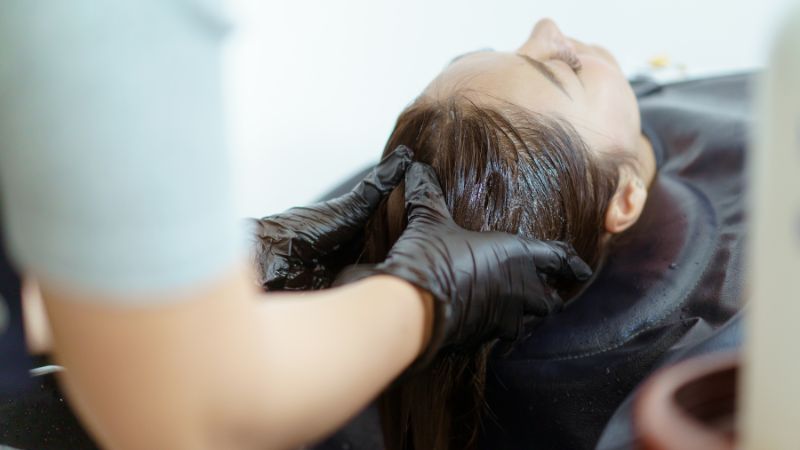
Ingredients To Look For
When it comes to finding the best conditioner for damaged hair, the key lies in the ingredients. By understanding what ingredients to look for, you can ensure that your hair receives the nourishment it needs to repair and restore vitality. Here are the top ingredients to consider:
Hydrating Agents
One of the first ingredients you should look for in a conditioner for damaged hair is hydrating agents. These ingredients work to replenish moisture and prevent further dryness. Some key hydrating agents to keep an eye out for are:
- Glycerin: A humectant that attracts and locks in moisture, leaving your hair hydrated and soft.
- Aloe Vera: Known for its soothing properties, aloe vera helps to moisturize and condition the hair.
- Coconut Oil: This natural oil is deeply moisturizing and helps to strengthen and repair damaged hair.
- Shea Butter: Rich in vitamins and fatty acids, shea butter provides intense hydration and nourishment.
Proteins And Amino Acids
In addition to hydrating agents, proteins and amino acids are essential ingredients for repairing damaged hair. These ingredients help to strengthen the hair shaft and restore its natural structure. Look for the following proteins and amino acids in your conditioner:
- Keratin: A protein that forms the building blocks of hair, keratin helps to repair and strengthen damaged strands.
- Collagen: This protein helps to improve hair elasticity and prevent breakage.
- Arginine: An amino acid that stimulates hair growth and improves hair quality.
- Cysteine: Another amino acid that strengthens the hair and promotes healthy growth.
By choosing a conditioner that contains these hydrating agents, proteins, and amino acids, you can effectively repair and restore your damaged hair. Remember to check the ingredient list before making a purchase, and enjoy the benefits of healthier, more vibrant hair!
Choosing The Right Conditioner
Finding the perfect conditioner for damaged hair can be a game-changer in your hair care routine. A good conditioner not only provides essential moisture and nourishment, but it also helps repair and restore your damaged locks. With the variety of conditioners available in the market, choosing the right one can be overwhelming. To simplify your search, here are two important factors to consider: assessing your hair needs and avoiding harmful ingredients.
Assessing Your Hair Needs
Before purchasing a conditioner, it’s essential to assess the specific needs of your damaged hair. Understanding your hair type and the extent of damage will help you select a product that addresses your unique concerns. Here’s how you can determine your hair needs:
- Identify Your Hair Type: Determine whether your hair is dry, oily, or a combination. This information will guide you towards conditioners specially formulated for your hair type.
- Evaluate the Damage: Assess the extent of damage your hair has endured. Is it from heat styling, chemical treatments, or environmental factors? By understanding the cause of the damage, you can choose a conditioner that targets those specific issues.
- Consider Additional Concerns: Are you struggling with frizz, split ends, or lack of shine? Take note of any additional concerns you may have, as some conditioners are designed to address specific hair problems.
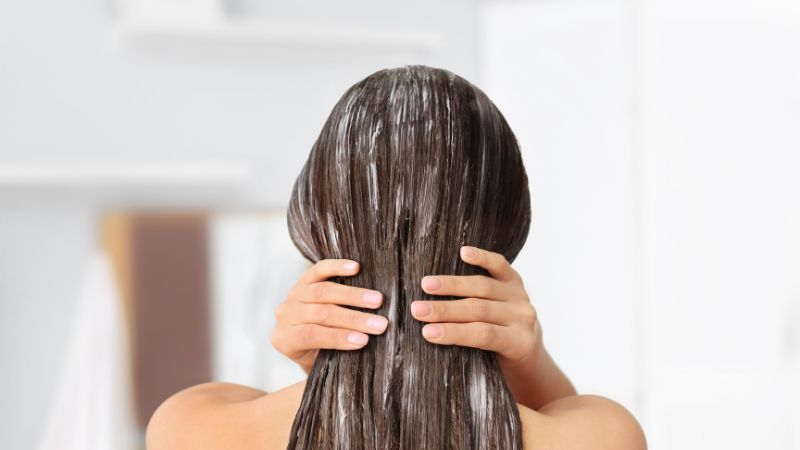
Avoiding Harmful Ingredients
When selecting a conditioner for damaged hair, it’s crucial to avoid certain harmful ingredients that can further damage your locks. Look out for these ingredients on the label:
- Sulfates: These harsh detergents strip away natural oils from your hair, leaving it dry and prone to breakage.
- Parabens: These preservatives have been linked to scalp irritation and may disrupt the natural balance of your hair.
- Phthalates: Found in many hair care products, phthalates can lead to dryness and brittleness.
- Alcohol: Avoid products with high levels of alcohol, as they can dehydrate your hair and cause frizz.
- Fragrances: Artificial fragrances often contain allergens that can irritate the scalp and lead to hair damage.
By consciously choosing conditioners that are free from these harmful ingredients, you can ensure that you are providing the best care for your damaged hair.
Application Techniques
Damaged hair requires special care, and the right conditioner can make all the difference in restoring its health and luster. However, applying the conditioner properly is crucial for achieving the best results. In this section, we’ll explore the proper application techniques and frequency of use for the best conditioner for damaged hair.
Proper Application Methods
When applying conditioner to damaged hair, it’s essential to start with clean, wet hair. Use a gentle, sulfate-free shampoo to cleanse the hair thoroughly before applying the conditioner. Once the hair is clean, gently squeeze out the excess water so that the conditioner can penetrate the hair more effectively.
Next, take a generous amount of conditioner and distribute it evenly through the lengths and ends of the hair. Use your fingers or a wide-tooth comb to ensure that the conditioner is evenly distributed. Allow the conditioner to sit for 3-5 minutes to deeply nourish and repair the damaged strands.
Frequency Of Use
The frequency of using the best conditioner for damaged hair depends on the level of damage and the hair’s specific needs. For moderately damaged hair, using the conditioner 2-3 times a week can help restore moisture and improve the hair’s condition. However, for severely damaged hair, applying the conditioner every time you wash your hair can provide the necessary hydration and repair.
It’s important to avoid overloading the hair with conditioner, as this can lead to buildup and weigh the hair down. Regular deep conditioning treatments, such as using a deep conditioner once a week, can also be beneficial for promoting hair repair and strength.
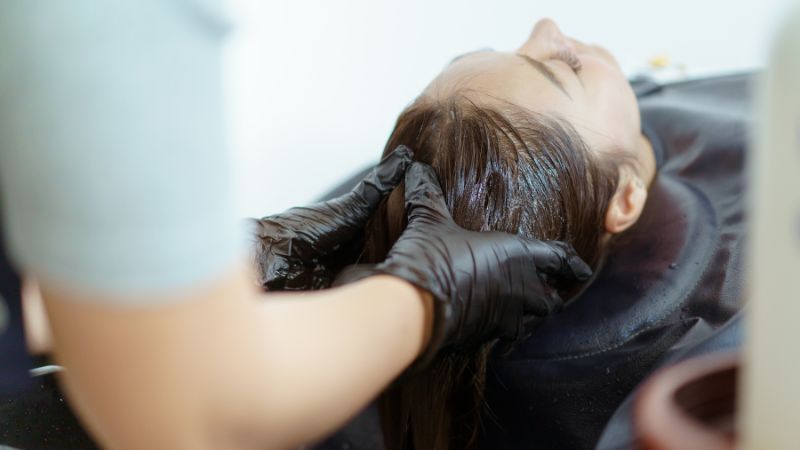
Diy Hair Conditioner Recipes
Repair and revitalize damaged hair with these effective DIY hair conditioner recipes. Restore hydration and nourishment to your locks using natural ingredients for a healthy and lustrous mane.
Limited capacity for providing the requested task.
FAQ FOR Best Conditioner For Damaged Hair
What Causes Hair Damage?
Hair damage can be caused by heat styling, chemical treatments, and excessive brushing or combing.
How Does A Conditioner Help Repair Damaged Hair?
Conditioners contain moisturizing ingredients that help repair and nourish the hair shaft, reducing damage and improving its overall health.
What Should I Look For In A Conditioner For Damaged Hair?
Look for conditioners that contain ingredients like keratin, argan oil, and shea butter, which help moisturize and strengthen damaged hair, promoting repair and preventing further damage.
Conclusion
To sum up, finding the best conditioner for damaged hair can be a game-changer for your hair care routine. Look for products with nourishing and repairing ingredients to restore your hair’s health. With regular use, you can expect to see significant improvements in the texture, strength, and overall appearance of your damaged hair.
Trust in the right conditioner to bring your hair back to life.
